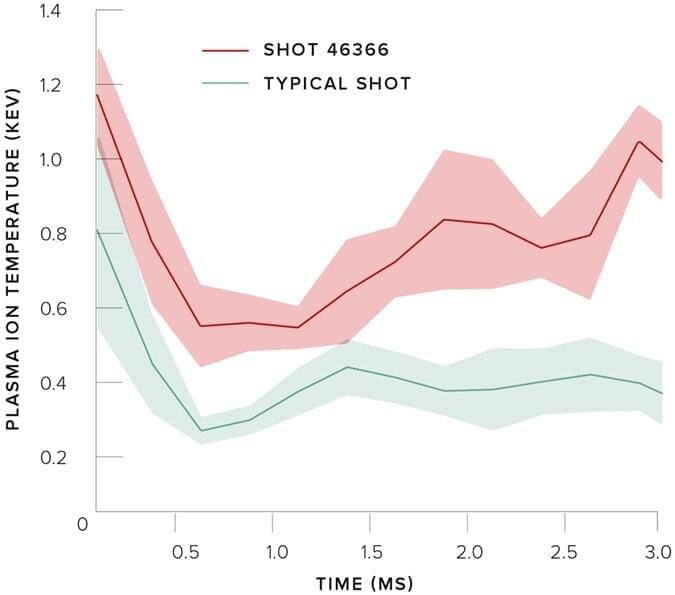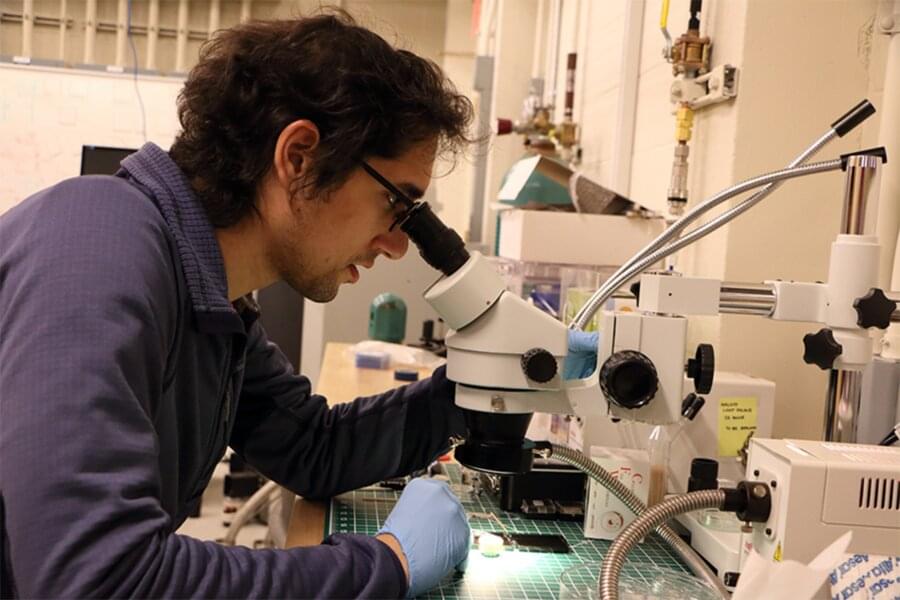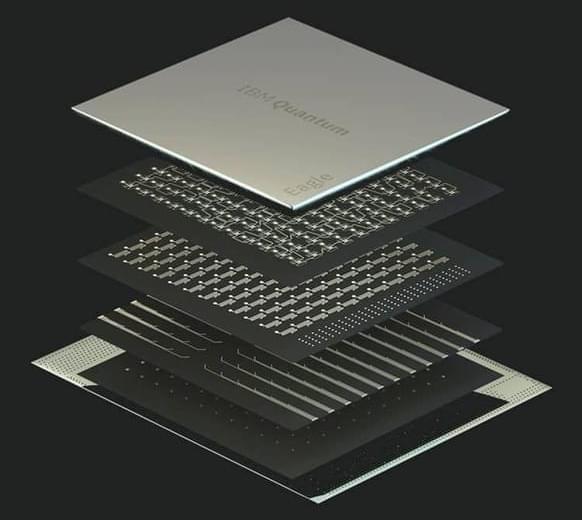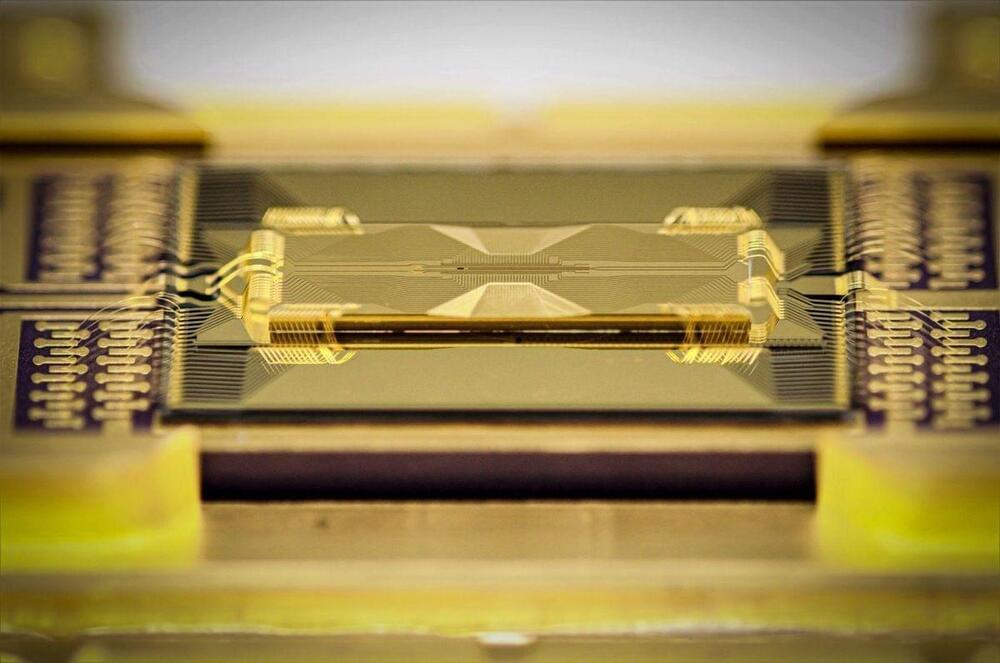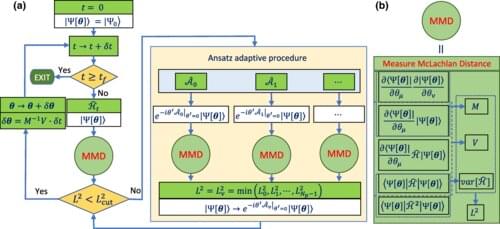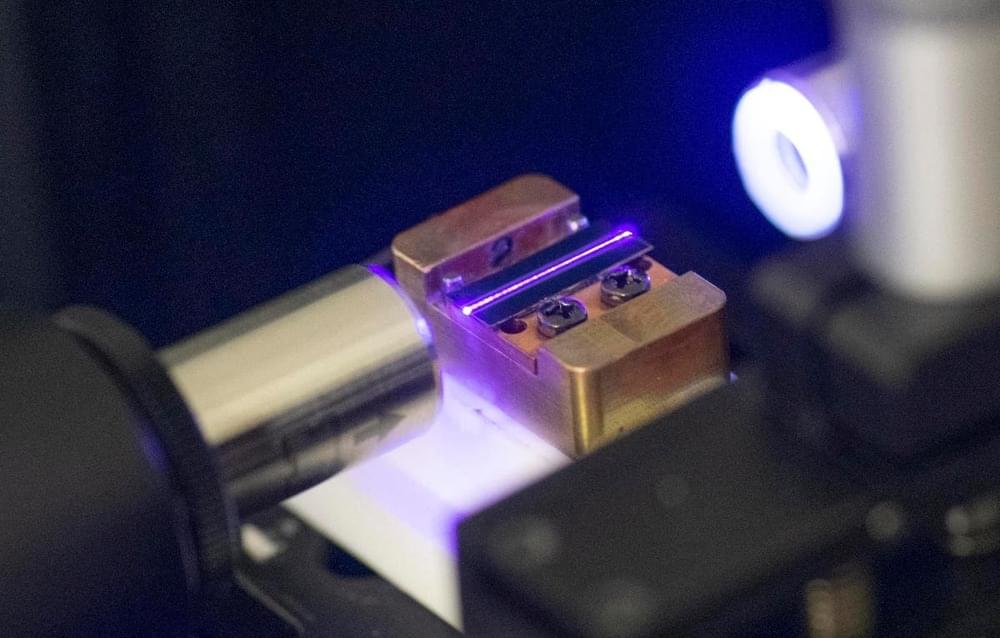A team of researchers from Tri Alpha Energy Inc. and Google has developed an algorithm that can be used to speed up experiments conducted with plasma. In their paper published in the journal Scientific Reports, the group describes how they plan to use the algorithm in nuclear fusion research.
As research into harnessing nuclear fusion has progressed, scientists have found that some of its characteristics are too complex to be solved in a reasonable amount of time using current technology. So they have increasingly turned to computers to help. More specifically, they want to adjust certain parameters in a device created to achieve fusion in a reasonable way. Such a device, most in the field agree, must involve the creation of a certain type of plasma that is not too hot or too cold, is stable, and has a certain desired density.
Finding the right parameters that meet these conditions has involved an incredible amount of trial and error. In this new effort, the researchers sought to reduce the workload by using a computer to reduce some of the needed trials. To that end, they have created what they call the “optometrist’s algorithm.” In its most basic sense, it works like an optometrist attempting to measure the visual ability of a patient by showing them images and asking if they are better or worse than other images. The idea is to use the crunching power of a computer with the intelligence of a human being—the computer generates the options and the human tells it whether a given option is better or worse.
